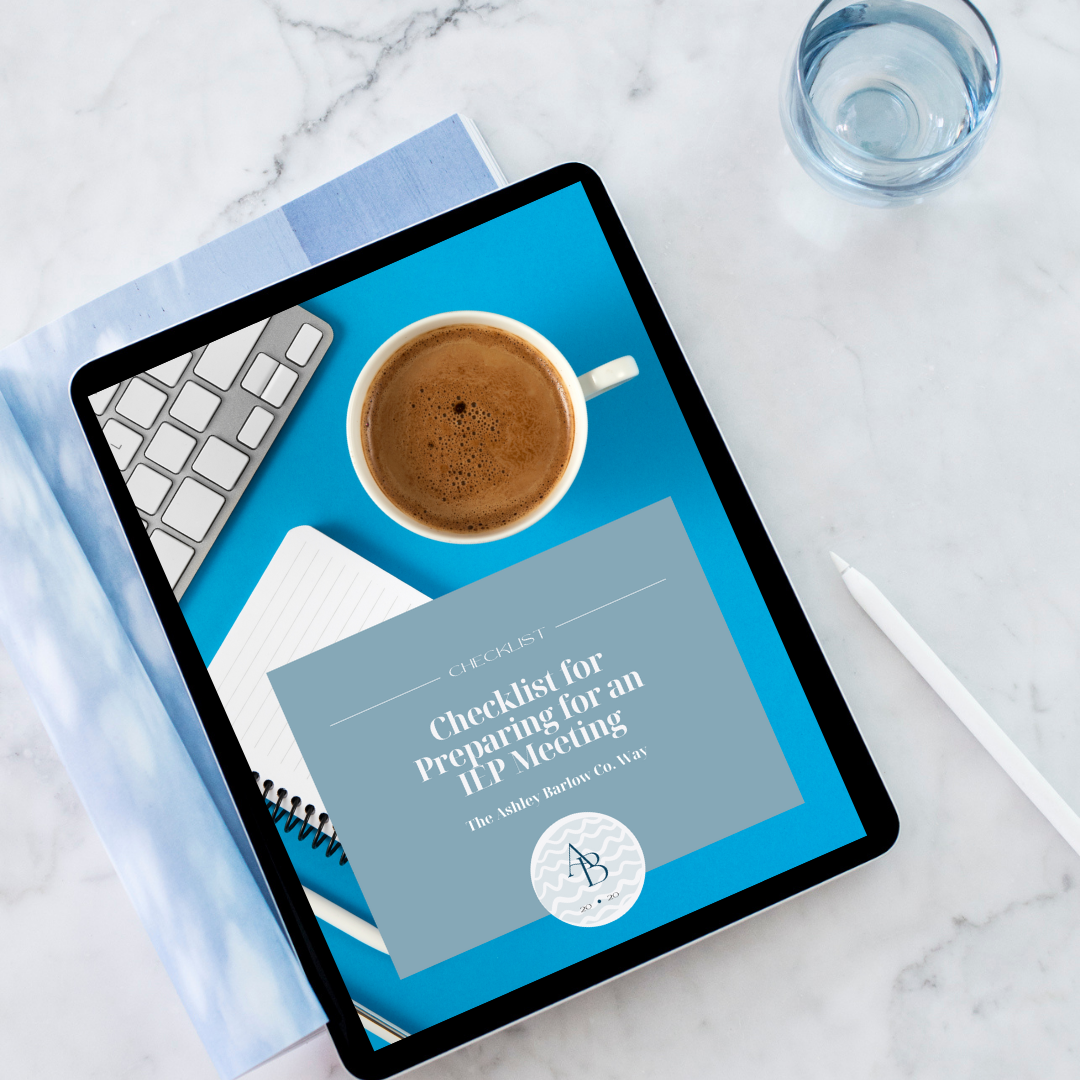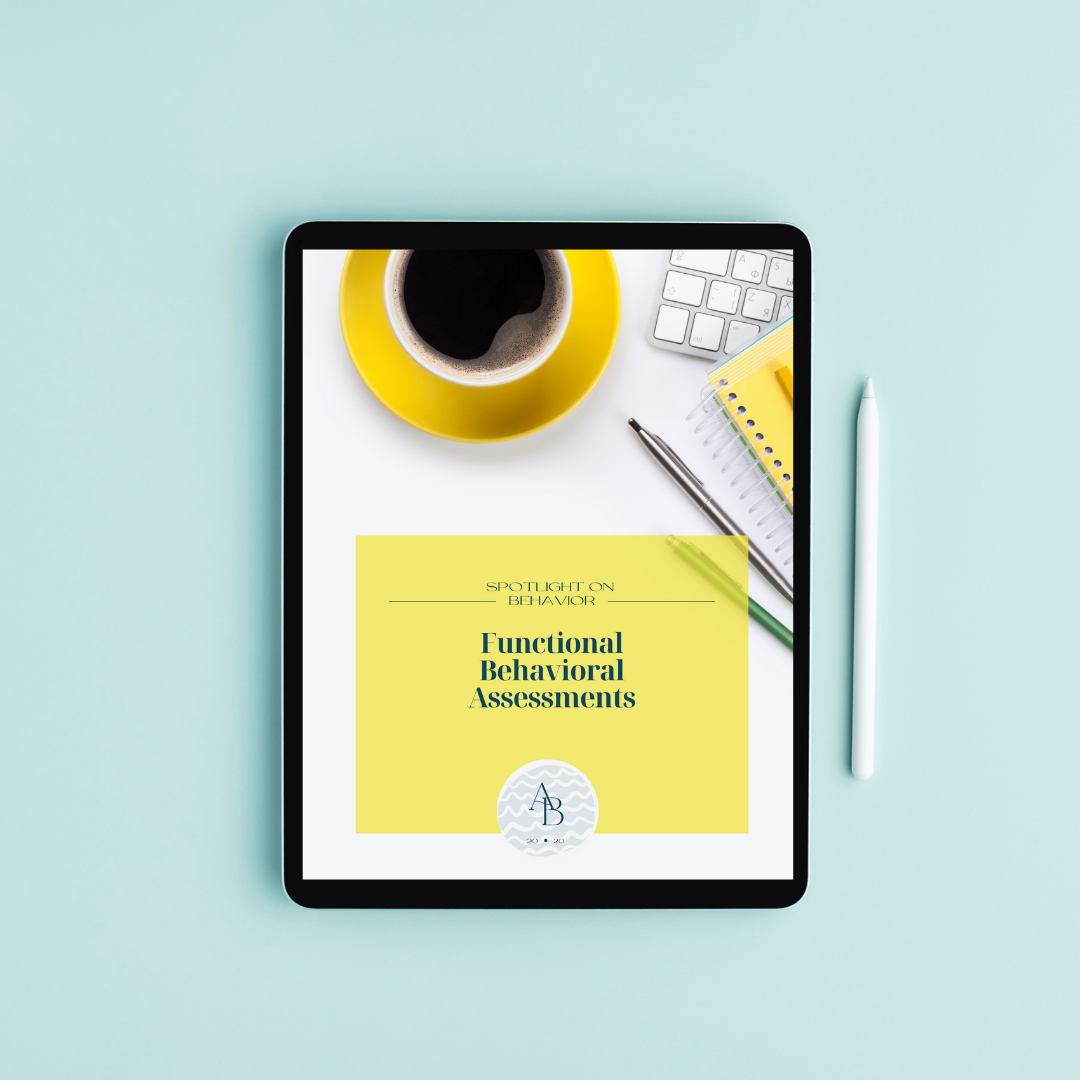Texas’s New Discipline Law Could Sideline Your Child. Here’s How to Be Ready
and why you might want to read the fine print before the first tardy bell rings.
If you’ve ever wondered what happens when lawmakers try to “fix” school discipline with one big law, welcome to House Bill 6; Texas’ newest set of rules that schools will start using in the 2025–2026 school year.
On paper, HB 6 known as the “Teacher Bill of Rights” gives teachers and administrators more “tools” to handle disruptions. In reality? It’s a mix of shorter suspensions, longer in-school timeouts, the option to send kids to virtual discipline programs, and even some mental health telehealth perks.
Let’s break it down, parent to parent, so you can be ready if your child’s name ends up on the principal’s call sheet.
1. Suspensions: Now with New Limits (and Loopholes)
- Out-of-School Suspensions (OSS) are now capped at three days per incident. That’s the “good” news if you think keeping kids in class helps them learn.
- In-School Suspensions (ISS)? Those can stretch up to 10 days because apparently, being in school but not really in school is the new compromise.
- Even Pre-K through 2nd graders can now be removed if they’re a “significant disruption” or a safety risk. Translation: that tiny tornado in the Lego corner could find themselves out of the classroom for more than a time-out.
- Virtual DAEPs: Yes, schools can now discipline students online. Imagine remote learning, but without the fun projects, just the “you’re here because you’re in trouble” vibe.
2. Special Concerns for Students with Disabilities
Here’s where things get thorny: HB 6 allows threat assessment teams to remove a student sometimes for up to 60 instructional days without parental consent or a formal ARD meeting.
Why is that a red flag? Because under the Individuals with Disabilities Education Act (IDEA), students with disabilities are entitled to specific procedural safeguards before being removed from their educational placement. The whole point of those safeguards is to ensure that discipline decisions account for the child’s disability and don’t cut them off from the services they’re legally entitled to.
If removals like these happen without the proper ARD process, parents could be facing not just a discipline problem, but a potential IDEA violation and that’s a legal mess no one wants to untangle mid-semester.
3. What HB 6 Does with Vaping in Schools
In a rare plot twist, HB 6 actually eases up on one hot-button issue: vaping.
Before, a kid caught vaping might be automatically sent packing to a remote alternative education program (DAEP) no questions asked. Now? Schools get to handle vaping cases on a “case-by-case” basis.
So, if little Johnny’s only slip-up of the year is a nervous puff behind the basketball court, administrators might reach for a lighter consequence instead of banishing him to online disciplinary purgatory. Think of it as the difference between “We need to have a talk” and “Pack up your Chromebook, you’re going remote.”
4. A Small Silver Lining: Telehealth for Mental Health
HB 6 also launches a statewide telehealth program for mental health support. Sounds great, right? And it can be if it’s implemented well, with your informed consent. Ask questions about who the provider is, what the sessions look like, and how privacy will be protected.
What Parents Should Watch Out For
From my perspective as an education lawyer, here’s where you should keep your radar on high alert:
- Vague Terms: “Significant disruption” isn’t defined the same way in every school. Push for specifics.
- IDEA Conflicts: Make sure any removal for a student with disabilities follows proper ARD and MDR procedures—HB 6 doesn’t override federal law.
- Equity Gaps: Historically, harsher discipline tends to fall harder on students of color and those with disabilities. This law doesn’t guarantee that will change.
- Virtual DAEP Risk: If your child is sent to an online discipline program, make sure it’s not just academic exile. They still deserve real teaching.
- Mental Health Follow-Through: A telehealth session is only helpful if there’s a plan to address ongoing needs.
How to Be Proactive (Before the Disciplinary Slip Hits Your Inbox)
- Ask Questions Now – How will your school apply HB 6? Who decides what’s “significant disruption”?
- Get It in Writing – Especially for students with disabilities. Know your rights under IDEA and Section 504.
- Monitor Virtual Assignments—If your child has been sent to a virtual DAEP, check their workload and teacher access.
- Stay Visible – Show up at PTO meetings and school board sessions. Quiet parents don’t get answers.
The Bottom Line
HB 6 is supposed to make classrooms safer and more orderly. Whether it will actually help or just shuffle students between ISS rooms, Zoom classrooms, and telehealth logins will depend on how schools apply it.
Critics warn that it expands government authority at the expense of parental rights and student due process, leading to potential legal issues.
In the meantime, the best defense is an informed, involved parent who knows when to step in, speak up, and (politely) demand the fair treatment their child deserves, especially when IDEA rights are in play.







